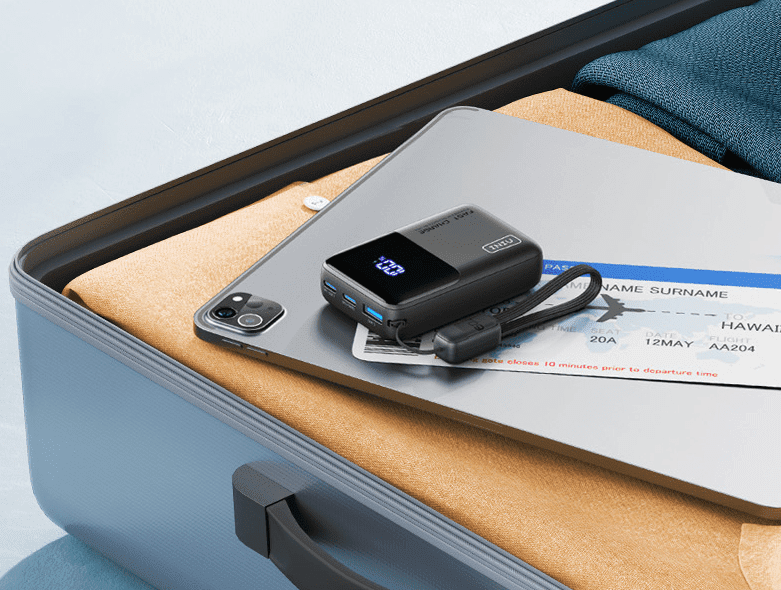In a recent live discussion at the TechFutures conference in New York City, Zocdoc CEO Oliver Kharraz shared insights on the evolving landscape of healthcare technology and the role of artificial intelligence in transforming patient care.
Zocdoc: A Unique Position in Healthcare
Zocdoc is a well-known platform that connects patients with healthcare providers, allowing users to find and book appointments with doctors conveniently. Launched during the early app economy, Zocdoc has established itself alongside other major platforms like Uber and Airbnb. However, its integration into the complex U.S. healthcare system presents unique challenges and opportunities.
The healthcare landscape in the United States is notoriously complicated, characterized by a fragmented system involving numerous providers, insurance plans, and regulations. This complexity creates a significant barrier to entry for new competitors, giving Zocdoc a substantial advantage. Building a comprehensive database that includes all doctors, their specialties, accepted insurances, and verified patient reviews is no small feat. Kharraz emphasized that Zocdoc’s infrastructure is essential for AI tools and platforms like Google to function effectively in the healthcare space.
The Shift from “Dr. Google” to “Dr. AI”
During the conversation, Kharraz discussed the transition from “Dr. Google” to “Dr. AI.” As more patients turn to AI chatbots for medical advice, the implications for healthcare are profound. While some interactions with AI can be beneficial, others may lead to dangerous outcomes. Kharraz made it clear that Zocdoc intends to leverage AI to streamline mundane tasks, such as appointment scheduling, through its AI assistant, Zo. However, he firmly stated that Zocdoc will not provide medical advice through AI, prioritizing patient safety and accuracy.
This cautious approach reflects a broader concern among healthcare professionals regarding the reliability of AI-generated medical advice. Kharraz’s emphasis on maintaining a clear boundary between AI assistance and human medical judgment is crucial in a field where the stakes are high. The conversation highlighted the need for transparency and ethical considerations in deploying AI technologies in healthcare.
Understanding Zocdoc’s Services
When asked to elaborate on Zocdoc’s offerings, Kharraz explained that the platform is more than just a marketplace for booking doctor appointments. Zocdoc aims to ensure that patients can access care wherever they are. The company has established partnerships with various health insurance providers, such as Blue Shield of California, to facilitate access to care through their websites. Additionally, Zocdoc has expanded its services to assist veterans and has introduced an AI-driven product that allows patients to schedule appointments via phone autonomously.
Telehealth: A Nuanced Perspective
Telehealth has gained significant traction, especially during the pandemic, but Kharraz noted that patient preferences vary widely. While Zocdoc offers telehealth options, the majority of appointments—approximately 95%—are still conducted in person, except for mental health services. Kharraz likened telehealth to “telepizza,” emphasizing that certain medical evaluations require physical examinations that cannot be replicated through a virtual interface.
In contrast, mental health services have seen a shift toward remote consultations, which offer advantages for both patients and providers. Kharraz acknowledged the complexities of telehealth, noting that while the platform provides various modalities, the demand for in-person visits remains strong for most medical specialties.
The Role of AI in Healthcare
The conversation also touched on the potential for AI to revolutionize healthcare interactions. Kharraz expressed skepticism about fully outsourcing patient relationships to AI, cautioning against the risks of self-medication and the potential for misinformation. He predicted that “Dr. Google” would eventually be supplanted by “Dr. AI,” as patients learn to navigate AI-generated guidance. However, he stressed the importance of human oversight, particularly in high-stakes medical scenarios.
Zocdoc’s AI assistant, Zo, is designed to enhance the user experience by handling straightforward tasks such as appointment scheduling and customer service inquiries. Kharraz emphasized that patients are aware they are interacting with an AI and can opt out if they prefer human assistance. He argued that AI should not merely replicate the functions of human agents but should instead be designed to improve overall patient experience.
Optimizing Patient Interactions
Kharraz outlined a vision for using AI to optimize patient interactions. Rather than viewing AI as a cost-cutting tool, he suggested that healthcare organizations should consider how AI can enhance patient experiences and reduce the burden on human agents. By intelligently routing patients to the appropriate resources—whether that be an AI for simple inquiries or a human expert for complex issues—Zocdoc aims to create a more efficient and effective healthcare experience.
This approach reflects a broader trend in the industry, where organizations are rethinking traditional models of patient interaction. Kharraz highlighted the importance of measuring the effectiveness of both AI and human agents to ensure that patients receive the best possible care.
Company Structure and Future Directions
As Zocdoc continues to evolve, Kharraz provided insights into the company’s structure and workforce. With over 1,000 employees, Zocdoc operates with a functional structure that includes heads of sales, marketing, and government relations. This organizational model has allowed the company to maintain cohesion and focus on shared goals, particularly following a significant business model transition from flat fees to per-patient referrals.
Kharraz acknowledged that while some doctors were resistant to this change, many others have embraced it, leading to increased utilization of the platform. He explained that the marketplace operates on a power curve, where the most successful providers benefit significantly from the model, while those who struggle see less value. This dynamic has allowed Zocdoc to grow its user base and solidify its position as a market leader.
Challenges and Opportunities Ahead
Despite its success, Zocdoc faces challenges, particularly from doctors who are increasingly turning to social media platforms like Instagram to attract patients directly. Kharraz emphasized that this trend does not threaten Zocdoc’s model, as the platform continues to provide value to both patients and providers. By focusing on enhancing patient experiences and streamlining access to care, Zocdoc aims to remain a vital player in the healthcare landscape.
As the conversation concluded, Kharraz reiterated the importance of balancing innovation with patient safety. The integration of AI into healthcare presents both opportunities and challenges, and Zocdoc is committed to navigating this complex landscape responsibly. The future of healthcare technology will likely hinge on how well companies like Zocdoc can leverage AI while maintaining the human touch that is essential for effective patient care.
Source: Original report
Was this helpful?
Last Modified: October 20, 2025 at 11:36 pm
0 views















